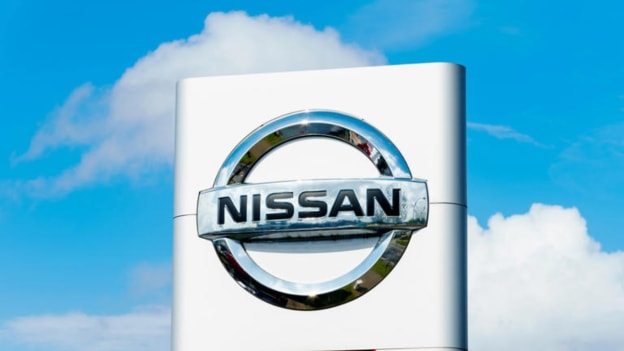Nissan to lay off 20,000 employees, considers selling global HQ

Japanese automotive giant Nissan Motor Co. is reportedly preparing to lay off 20,000 employees globally and is exploring the sale of its Yokohama headquarters, according to a detailed report by Nikkei Asia. The dramatic cost-cutting move forms part of a broader restructuring strategy aimed at managing surging operational costs, streamlining development processes, and reducing the company’s significant debt burden.
The headquarters, located in Yokohama and estimated to be worth over 100 billion JPY (approximately USD 698 million), may be sold by March 2026. Nissan is considering a sale-and-leaseback model—a strategy used by companies such as McLaren, which sold and leased back its Woking facility in the UK in 2021—to ensure uninterrupted operations even after divesting the property.
According to Nikkei Asia, the proceeds from the sale would go toward covering the costs associated with the closure of seven manufacturing plants and the implementation of its large-scale job cuts. Among the facilities targeted for shutdown are the Oppama and Shonan factories in Japan. However, the Tochigi plant is expected to remain operational due to its strategic importance in vehicle testing and development.
The restructuring efforts are expected to incur an additional cost of 60 billion JPY (around USD 415.6 million) in the current fiscal year. This is part of Nissan’s long-term recovery initiative called Re:Nissan, which aims to generate over USD 3 billion in savings and help the company return to profitability by the 2026 fiscal year.
Central to the restructuring is a complete overhaul of Nissan’s vehicle development process. The company plans to reduce the number of its platform architectures from 13 to 7, and to cut parts complexity by 70%. These efforts are intended to speed up production cycles and reduce costs across the board. To support the transition, staff from within its research and development division are being reassigned to focus on the streamlined processes.
While the automaker has not yet released a full-year earnings forecast, citing the continued uncertainty surrounding global trade and the ongoing nature of its internal restructuring, leadership at Nissan is pushing for urgent action. The company says stabilising operations and ensuring long-term sustainable growth are top priorities in the face of rising costs, a shifting global auto market, and increasing competitive pressures.
The potential headquarters sale would mark a significant shift for the company, which relocated to Yokohama from Tokyo in 2009. Beyond operational and financial considerations, such a move would symbolise Nissan’s willingness to part with even its most emblematic assets in a bid to secure its future.












